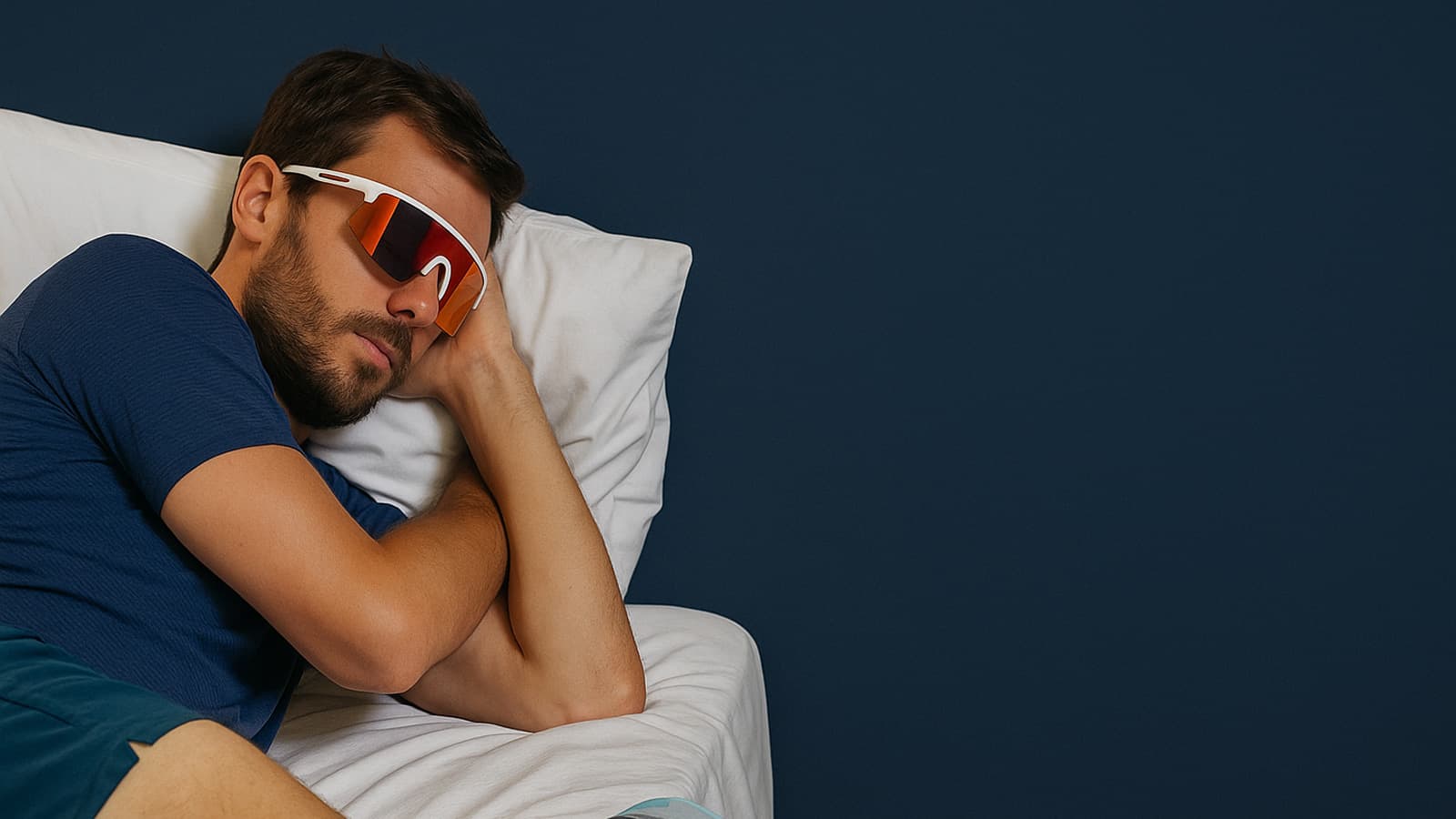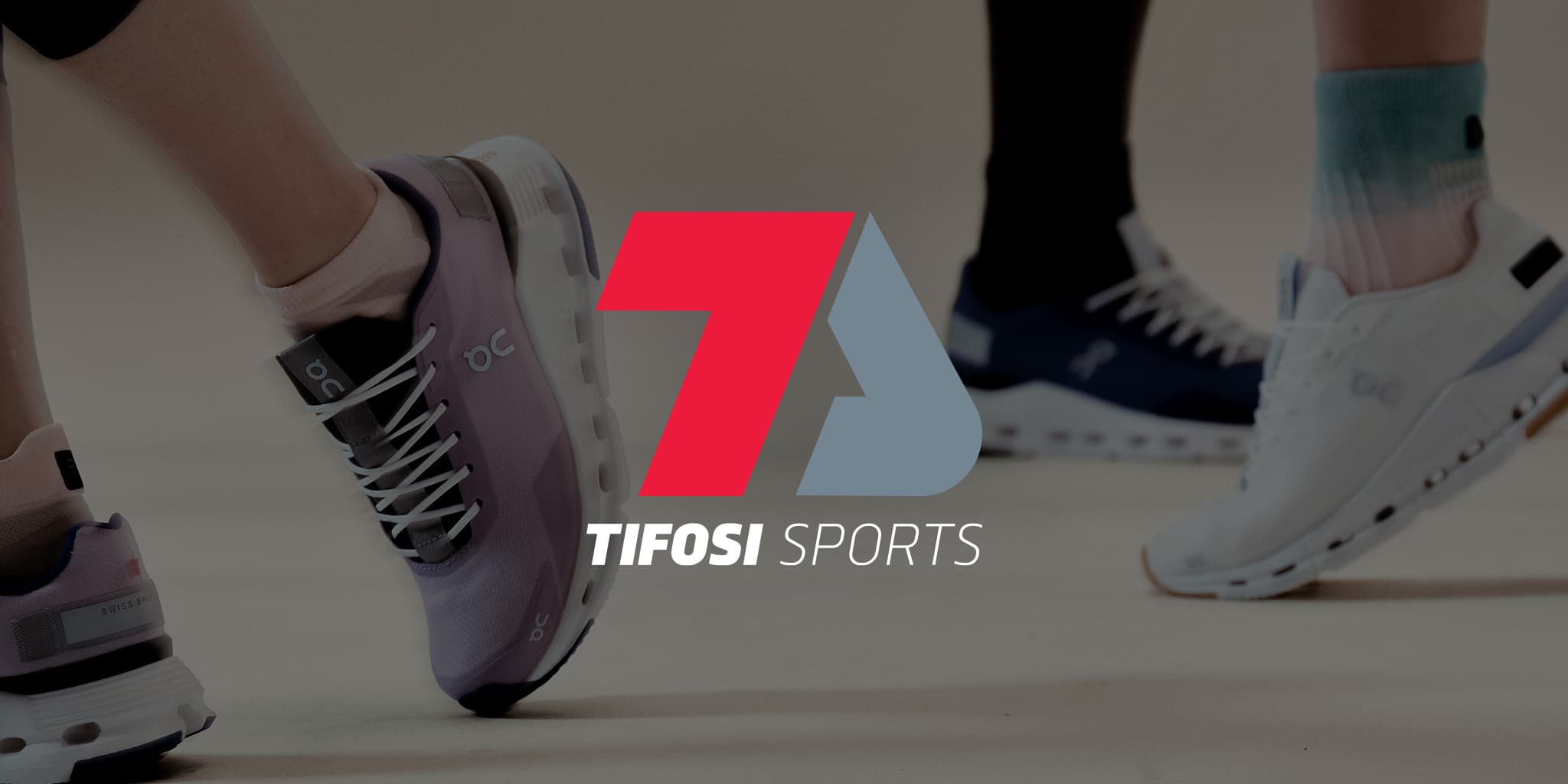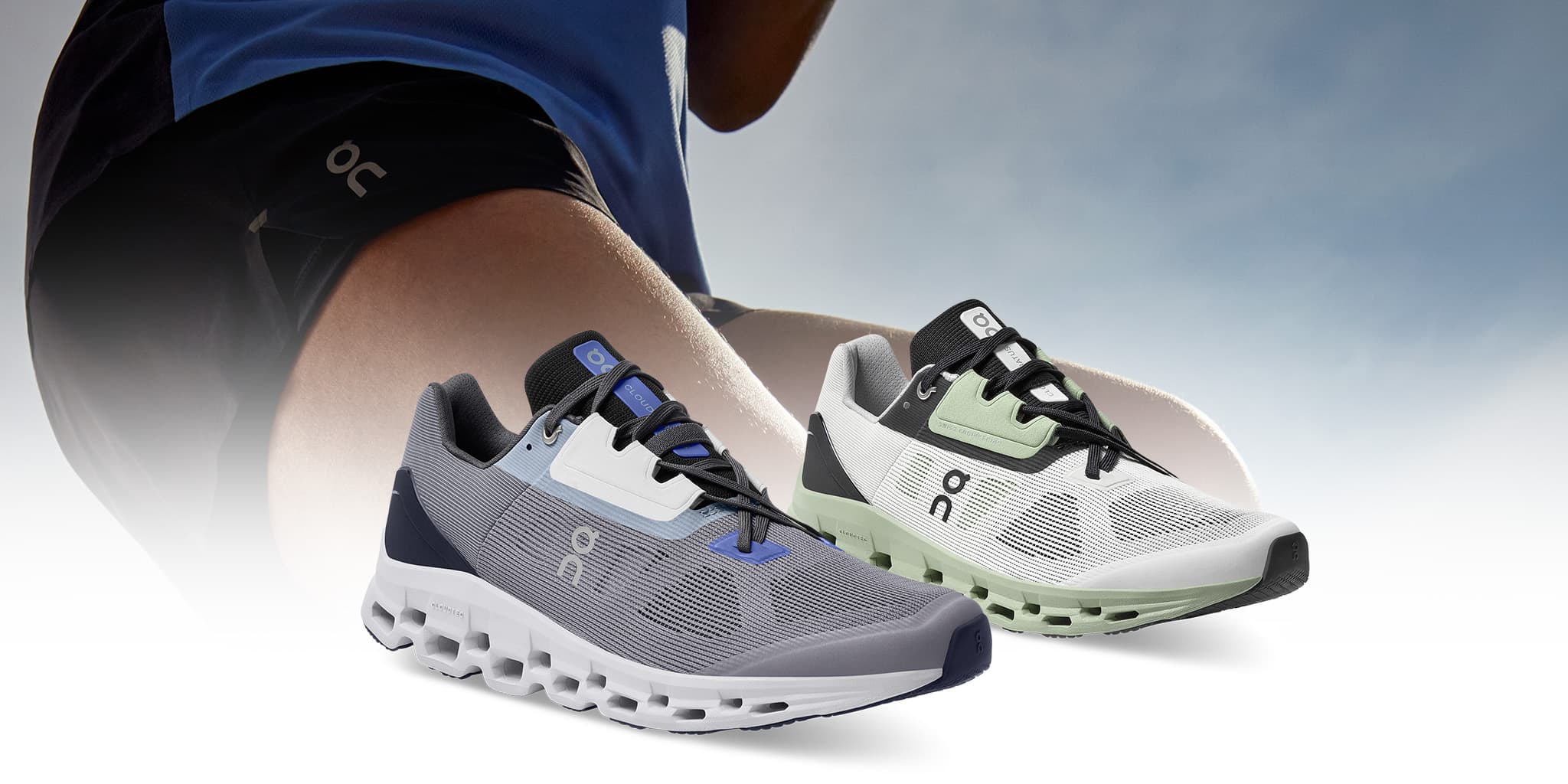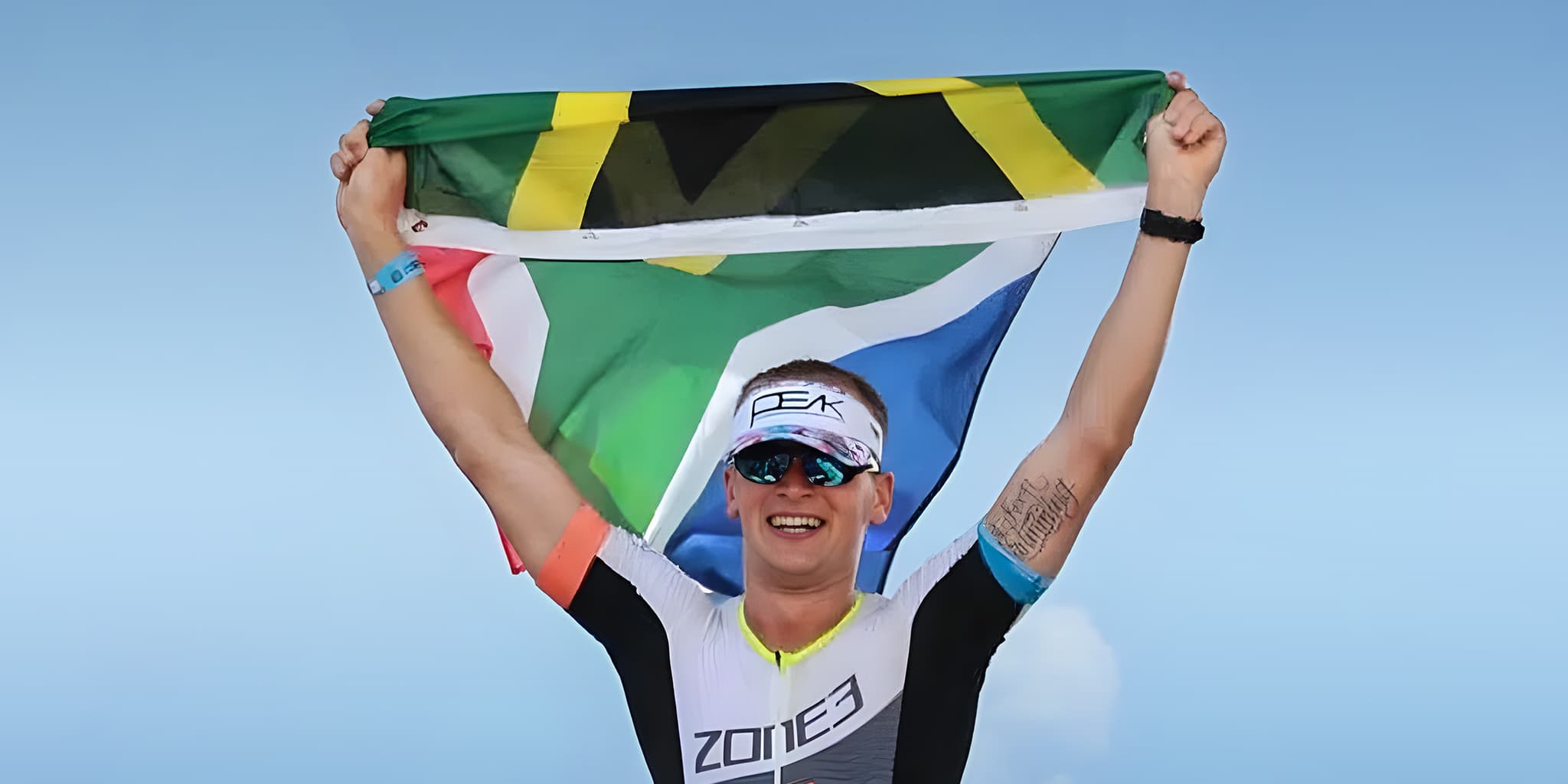At Tifosi, we’re all about helping you squeeze every last drop of potential from your running game. Whether you're chasing a 5K PB or gunning for an ultra finish, there's one performance enhancer you're probably not prioritising enough: sleep. The age-old, underappreciated, free-as-air recovery tool that could very well be the difference between your next breakthrough and a burnout.
We get it. Life is full. Early runs, work stress, family, Netflix rabbit holes... Sleep often takes a back seat. But if you're serious about improving your running, it's time to treat sleep like your most trusted coach. Let's dive into the science of sleep and how it can supercharge your performance, boost recovery, and help keep injuries at bay.
The Science Bit (Hang in There, It’s Worth It)
Your body isn’t just lying there doing nothing when you sleep. It's going into overdrive to repair, regenerate, and rebalance. There are two main stages of sleep that matter most to runners:
- Slow-Wave Sleep (SWS): Deep sleep where physical restoration happens. Growth hormone is released here—vital for rebuilding muscle and repairing tissue damage from intense runs.
- REM Sleep (Rapid Eye Movement): Where the brain gets a tune-up. Motor learning, memory consolidation, and emotional regulation all take place here.
Each stage serves your performance. Cutting sleep short disrupts the balance between mental and physical recovery.
Sleep and Endurance
Ever feel like your legs are concrete after a late night? That’s not just in your head. Sleep deprivation reduces time to exhaustion, increases perceived effort, and messes with thermoregulation.
Research from Stanford University found that adding just one extra hour of sleep per night significantly improved speed, accuracy, and mood. While you may not be throwing 3-pointers, the principle stands: more sleep = better performance.
- Improved aerobic endurance
- Better glycogen storage
- Reduced inflammation and oxidative stress
Bottom line: skipping sleep is like skipping your long run—it shows.
Sleep and Recovery
Training doesn't make you stronger. Recovery does.
While you sleep, your body rebuilds muscle tissue, synthesises proteins, restores energy, and clears out waste. Without enough sleep, this essential recovery process is compromised.
- Increased cortisol (stress hormone)
- Decreased testosterone and growth hormone
- Impaired glucose metabolism and insulin sensitivity
Prioritising sleep helps regulate hormones, supports regeneration, and reduces injury risk.
Sleep and Injury Prevention
You train hard, eat smart, and wear the right On Cloud running shoes, but if you're sleeping under 7 hours a night, your injury risk spikes. A study found athletes getting less than 8 hours were nearly twice as likely to get injured.
Poor sleep affects coordination, reaction time, and proprioception—especially risky during early morning runs.
Want to stay injury-free and consistent? Prioritise your pillow time.
How Much Sleep Do Runners Need?
Most adults need 7–9 hours. But if you're ramping up mileage or in a tough training block, aim for 8–10 hours.
It’s not lazy—it’s smart recovery. Think of sleep as an extension of your training.
Practical Tips to Sleep Like a Pro Runner
- Stick to a Schedule: Sleep and wake at the same time daily—even on weekends.
- Power Down: Avoid screens 30 minutes before bed. Blue light disrupts melatonin.
- Create a Ritual: Tea, light stretching, or reading—cue your body it’s time to rest.
- Cool and Dark Room: Aim for 18–20°C. Lower temps promote deeper sleep.
- Caffeine Curfew: Avoid caffeine after 2 PM. It affects sleep quality even if you fall asleep easily.
- Nap Smart: Keep naps under 30 minutes and before 3 PM.
Gear Tip: Dress for (Sleep) Success
Your gear matters. Training in breathable, high-performance apparel helps regulate temperature and hormones, which aids in winding down later.
Explore the range at www.tifosisports.co.za for apparel that transitions from training to rest in comfort and style.
Dream It. Run It.
You can eat well, wear elite On Cloud running shoes, and follow the perfect plan—but if you’re not sleeping, you’re not recovering. And if you’re not recovering, you’re not progressing.
Sleep isn’t a luxury. It’s your superpower.
So when you’re choosing between another Netflix episode or hitting the sack early, think about your next run, your body’s recovery, and how much better it feels to float in your On Cloud shoes—rested, repaired, and ready.
Because nothing feels quite like running on clouds—especially after a solid night of sleep.





Share:
Core Exercises for Runners: Why They Matter
Top Exercises to Improve Stability and Reduce Injury Risk